Tania Martin
Attracting and Retaining Neurodivergent Talent
OP Academy Article 12 February
Last Thursday we had the joy of hosting another Oakleaf Academy this time in partnership with EY and their fantastic Neurodiverse Centre of Excellence Lead Tania Martin on the Power of Neurodiversity and how we can harness thinking differently.
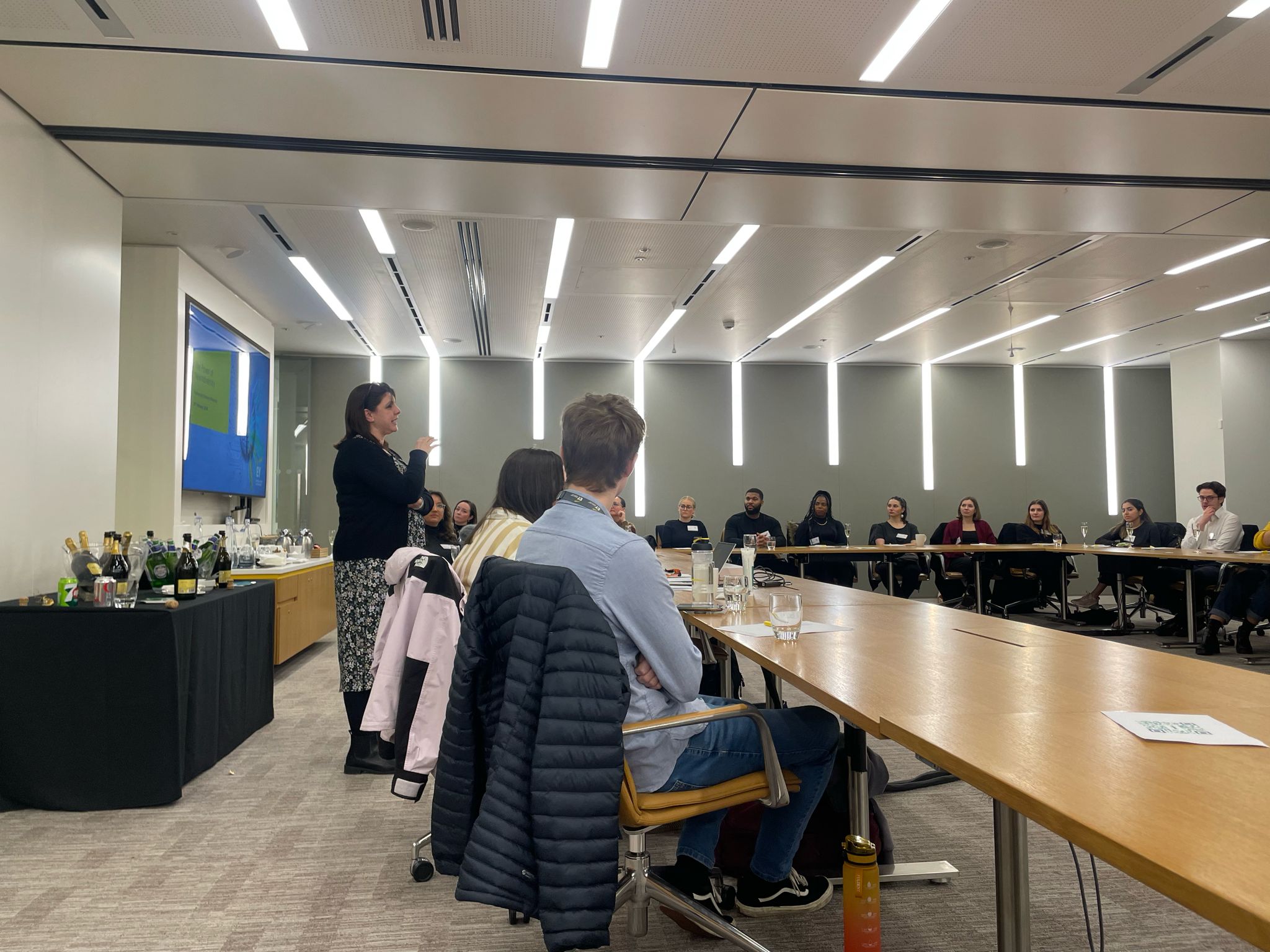
Tania started with a definition, and I learnt Neurodivergent encompasses a variety of cognitive variations in the human brain that impacts ability to learn and process information, alongside other social and mental health differences. These include autism, dyslexia, dyspraxia, dyscalculia, attention deficit hyperactivity disorder (ADHD) and many others.
The old saying rang true that everyone thinks of an elephant differently as we all took the time to picture an elephant in our heads an drew our own interpretations. Attendees shared around the room we had grey African elephants, pink cartoon elephants and dumbo which showed how everyone can bring a different innovative approach.
Tania covered how the language surrounding neurodiversity is continuously evolving and it’s better to have imperfect language but meaningful dialogue rather than avoid the conversation around neurodivergence entirely.
An estimated 5% of every 100 people are neurodivergent and this can be both diagnosed and undiagnosed. In the last two years EY’s Neurodiverse population has grown from 150-2000 and it’s clear the centre of excellence is taking a pioneering approach reflecting on the value of their employees thinking differently. For example, dyslexic employees bring creativity and visual thinking to a team.
Jamie shared his lived experience as a neurodiverse data scientist at EY and how seemingly small workplace adjustments like extended opportunity to get up and walk around every few hours can go a long way in building an inclusive culture. As the team emphasized, the most impactful accommodations are often simple and free, and equity can be achieved through support systems enabling employees with what they need to excel.
Tania emphasized how organizations can attract neurodiverse talent through small but meaningful steps like writing accessible job descriptions with clear and concise language and having conversations with managers around best practice onboarding makes a difference.
Importantly, employees shouldn’t have to disclose private diagnoses to receive workplace accommodations. Nurturing our employees’ and colleagues’ strengths through an accommodating an educational and conversational culture around Neurodivergence is key. To attract top talent, the message is clear – meet employees where they are, don’t make assumptions, and allow them to thrive.
And my biggest takeaway is to be curious, engage and listen – we’re all human after all!
We are already in the midst of planning our event for next quarter so stay tuned for more detail; we’re looking forward to seeing you there.
Article by Millie Smith – Consultant – Professional Services
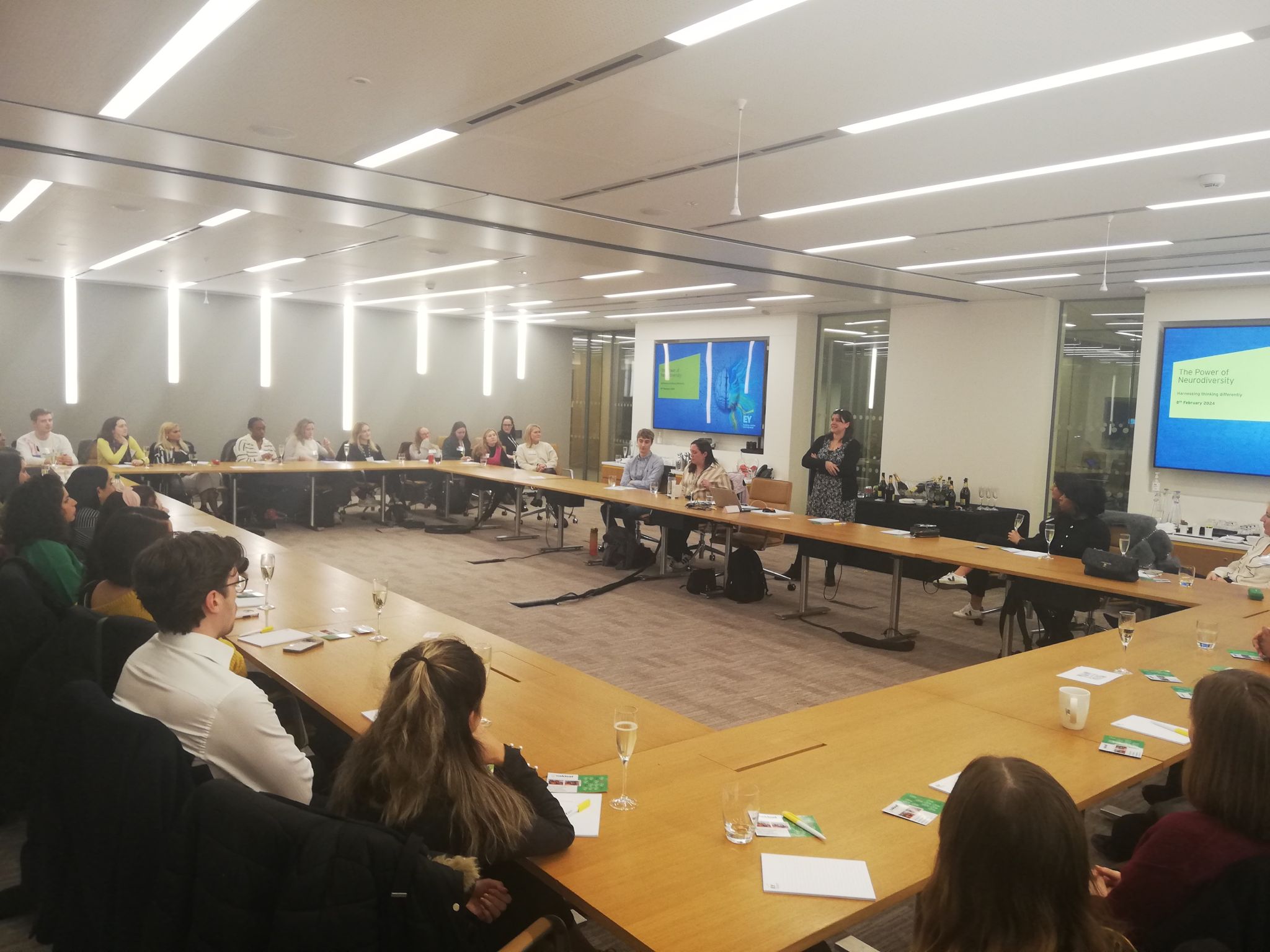
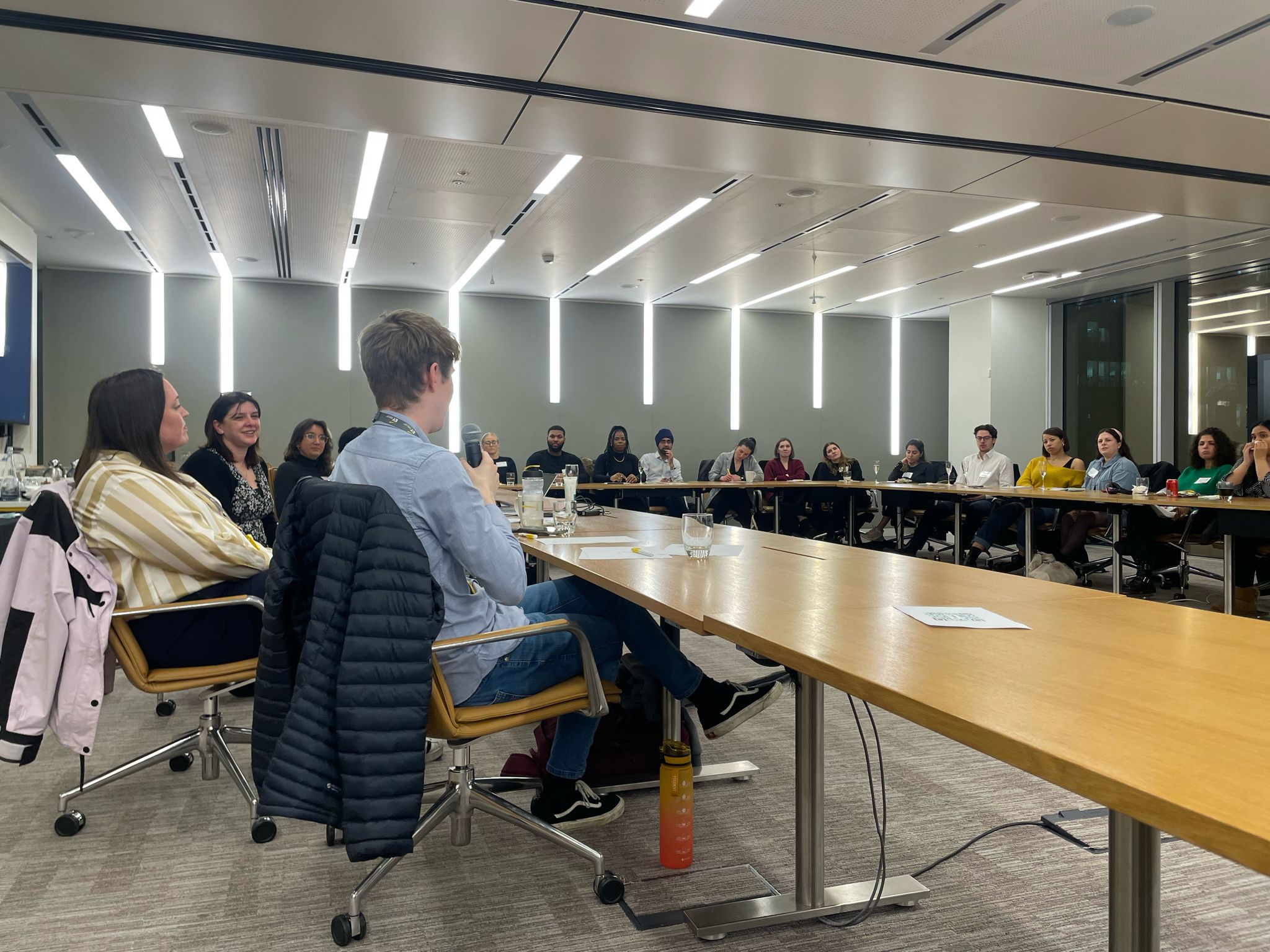
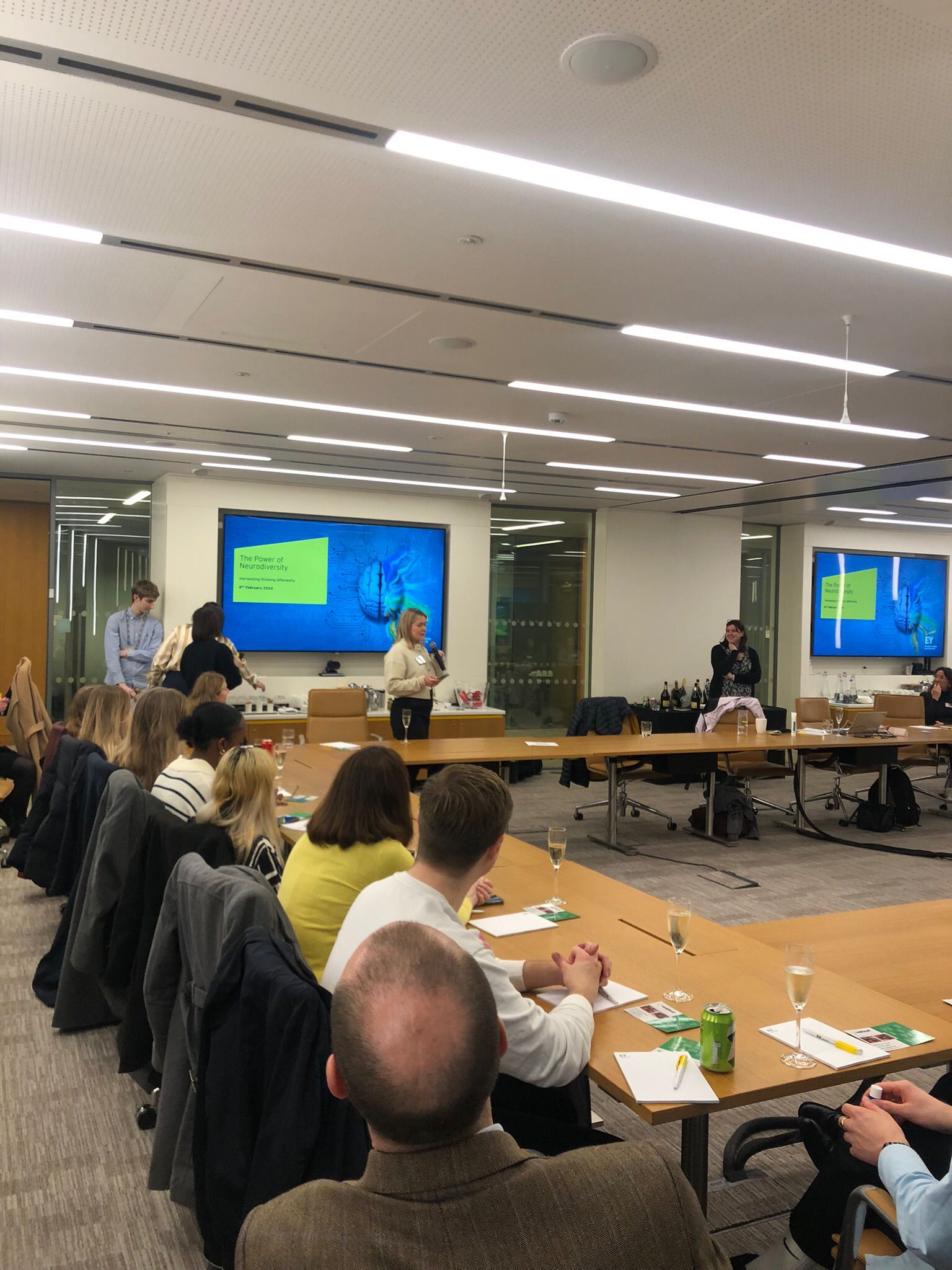
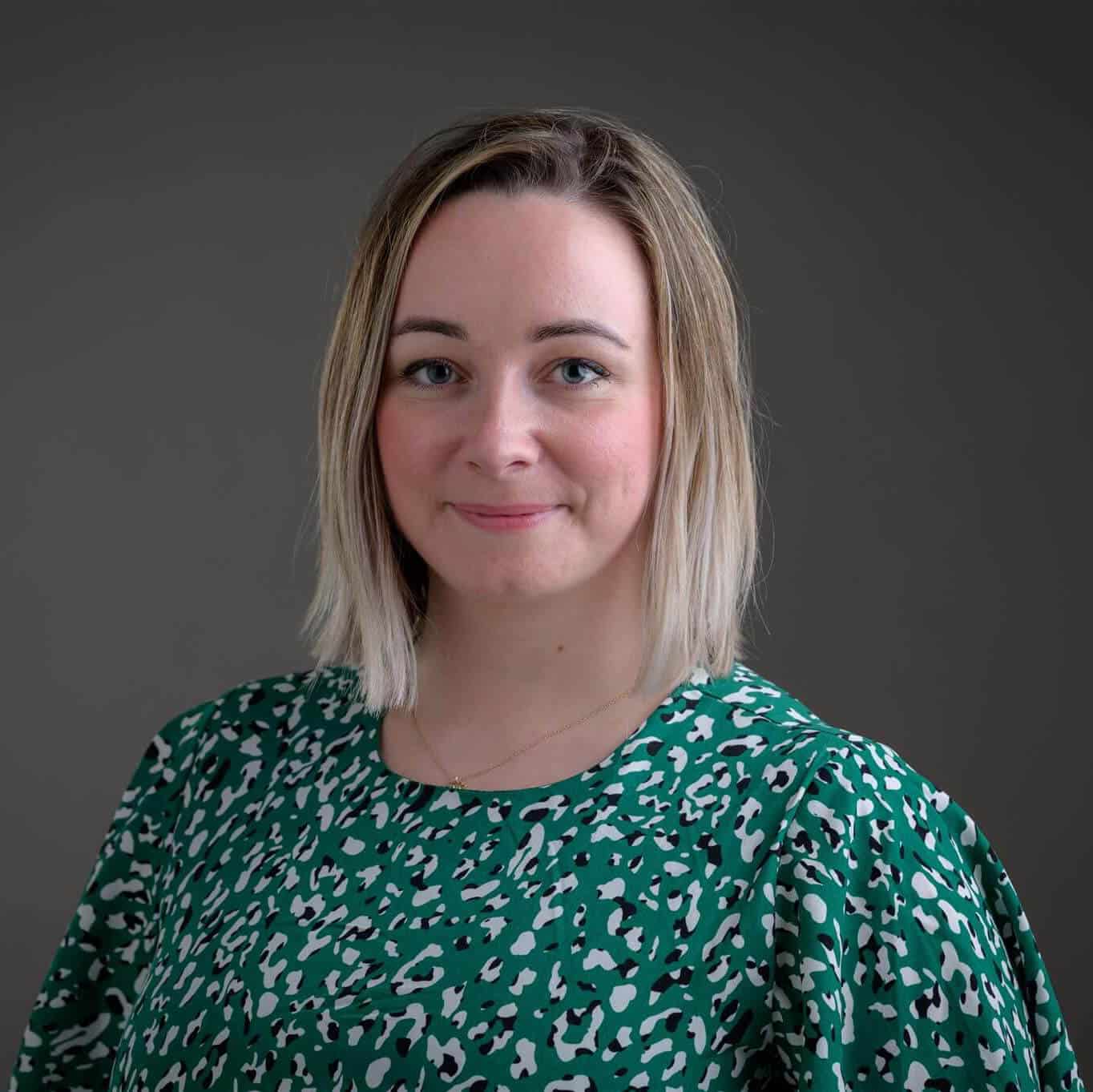
Robyn Wells
HR & Talent Specialist Recruiter within Tech/FinTech, Media, Telco and B2B